African students in Türkiye are making significant contributions to both their home countries and Türkiye, fostering diplomatic, economic and cultural ties. Many pursue higher education through scholarships or self-funded programs, later assuming key roles in government, business and other sectors.
Türkiye actively strengthens its relations with Africa through educational programs, crisis resolution initiatives and infrastructure projects. Aware of this commitment, many African students choose Türkiye as a supportive partner in their academic and professional development.
After graduating, many return home to take on influential roles while maintaining close ties with Türkiye. Serving as cultural and economic ambassadors, they play a vital role in shaping Türkiye’s positive image across Africa.
Education has become one of the most effective tools for strengthening international influence. Western nations, which historically relied on colonial-era tactics, have now shifted to leveraging education as a means of maintaining influence in Africa. However, Türkiye’s approach differs significantly from that of European countries.
Unlike Western countries that expect direct returns from their educational programs and often seek to maintain political influence over African nations, Türkiye focuses on mutual growth and development. It encourages students to return home after completing their education to contribute to their own societies rather than promoting long-term migration that leads to brain drain.
The number of African students in Türkiye has grown significantly, particularly since the early 2000s, when Türkiye-African relations started gaining momentum. Today, over 60,000 students from 54 African nations study in Türkiye, benefiting from scholarships, cultural exchange programs and institutional support.
Organizations such as the Turkish Cooperation and Coordination Agency (TIKA), the Yunus Emre Institute and the Turkish Maarif Foundation play a crucial role in attracting African students to Türkiye. These institutions not only support students academically but also foster diplomatic and economic relations between Türkiye and African nations.
Many African students who study in Türkiye return to their home countries to take up leadership roles in government, business and academia. Some become major business leaders, creating trade networks between Türkiye and various African nations. One example is a Senegalese Ph.D. graduate who helped establish trade relations between Türkiye and 50 African countries, illustrating how education in Türkiye facilitates international opportunities.
Moreover, the growing presence of African professionals in sectors such as health care, infrastructure and diplomacy highlights the importance of Türkiye’s investment in African education. Experts emphasize that Türkiye must continue to train professionals in these fields, as Africa’s development is directly linked to Türkiye’s economic and security interests.
Integration into Turkish culture
A key difference between African students studying in Europe and those in Türkiye is their level of cultural integration. In many Western countries, African students face difficulties assimilating and often remain isolated within expatriate communities. In contrast, students in Türkiye actively engage with the local culture.
Many adopt Turkish cuisine, clothing styles, literature and even folk music. Some even perform Turkish cultural elements themselves, helping to globalize Turkish culture. This mutual exchange strengthens people-to-people ties between Türkiye and African nations.
The increasing number of students from Chad provides a striking example. In the early 2000s, only a handful of Chadian students were studying in Türkiye. Today, over 3,500 students from Chad are enrolled in Turkish universities, with hundreds graduating each year. Many secure government positions upon returning home, further deepening bilateral ties.
Educational diplomacy is a key component of Türkiye’s long-term strategy in Africa. Countries such as France, the United Kingdom, the United States and China have long used education as a soft power tool to maintain influence in Africa. However, Türkiye has distinguished itself by fostering an educational environment that encourages African students to contribute to their own nations while maintaining strong ties with Türkiye.
Graduates who return home with a positive perception of Türkiye contribute significantly to diplomatic, economic and cultural relations. They do not necessarily have to be politicians to influence bilateral ties. Many become business leaders, educators or professionals in various industries, all of whom play an essential role in strengthening Türkiye’s image abroad.

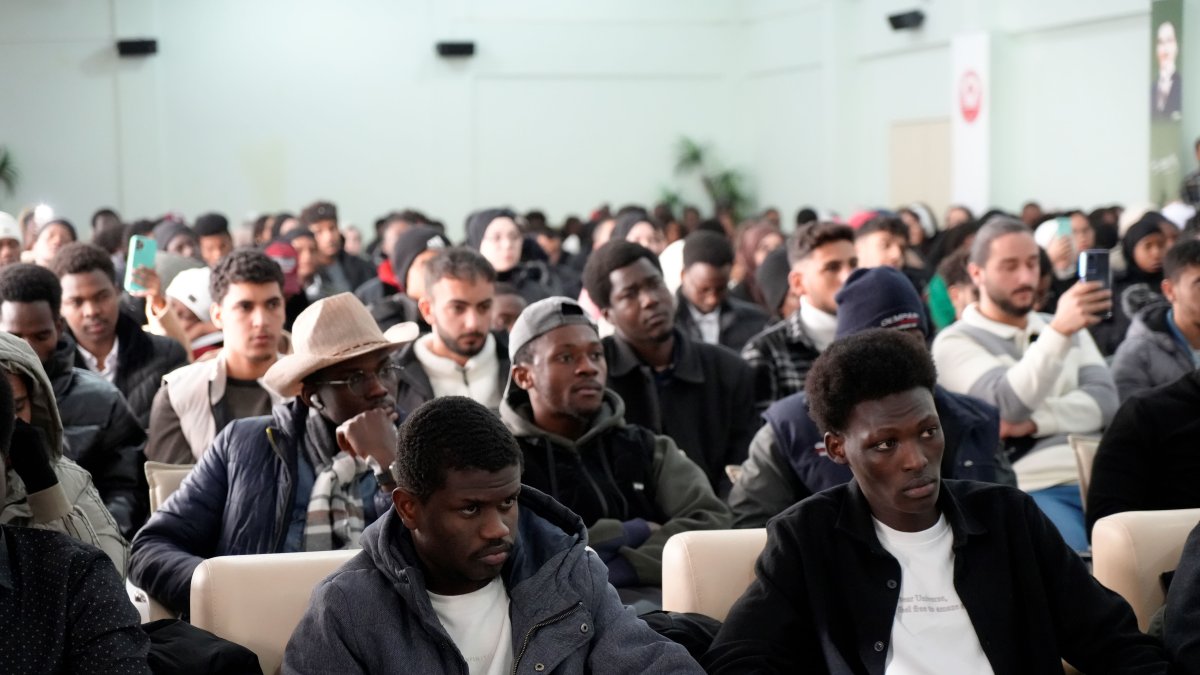




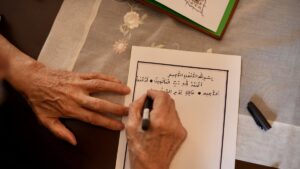










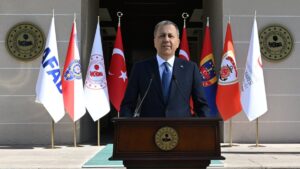



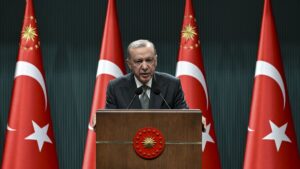


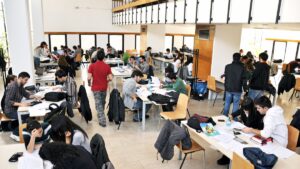








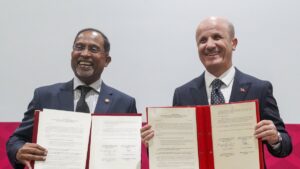





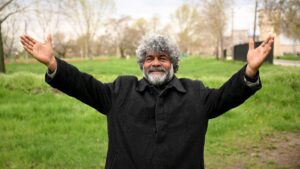


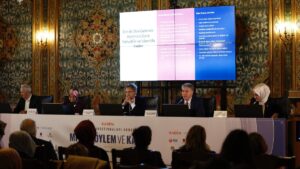


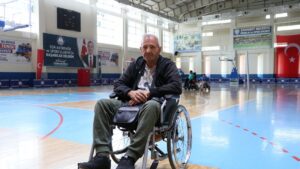
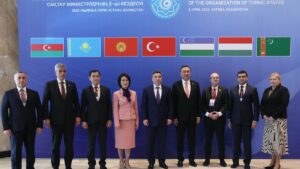
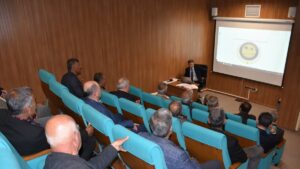




Be First to Comment